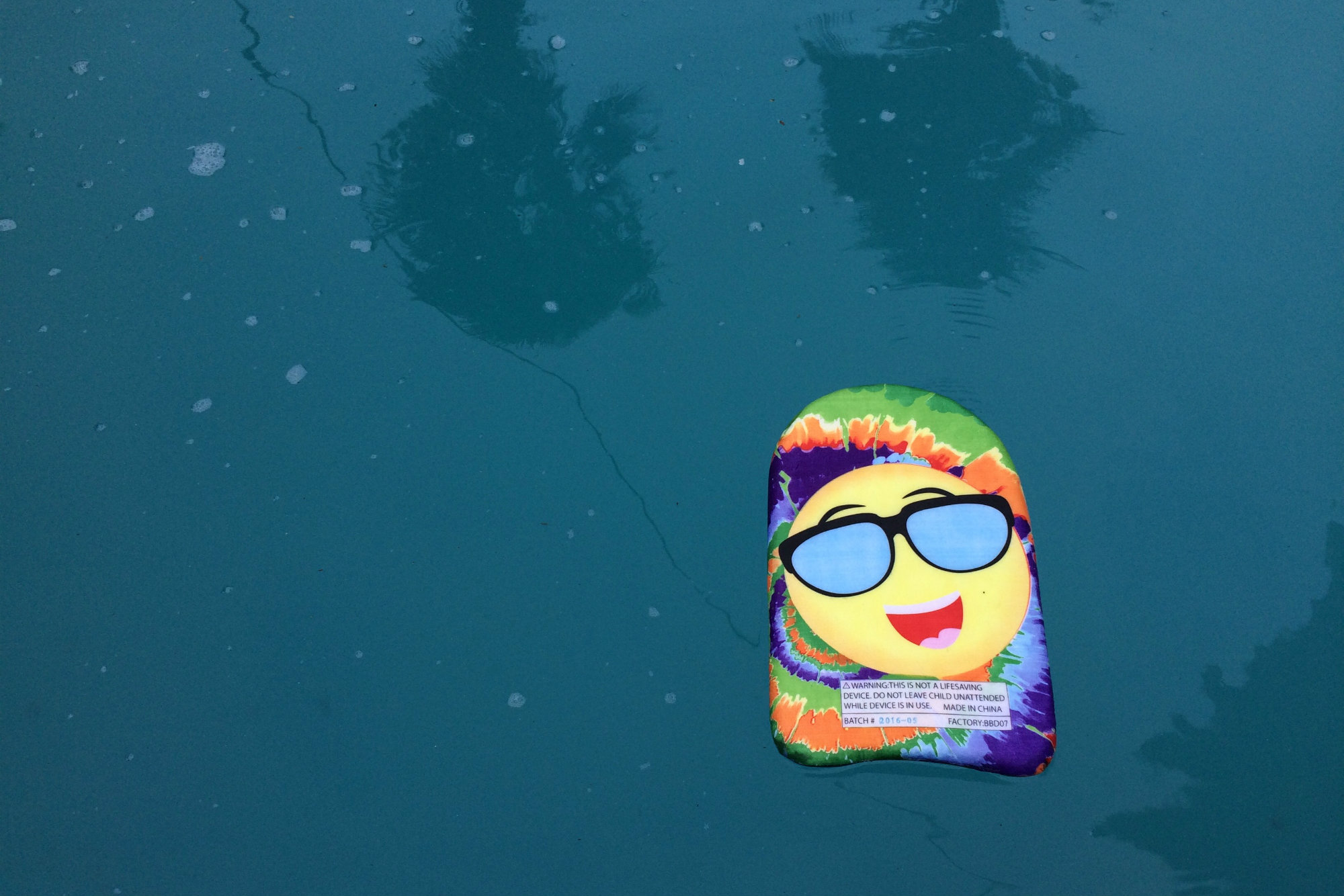Mainstream media reports would lead you to believe that killjoy bureaucrats in San Francisco are coming for your pool noodles.
Those reports aren’t entirely accurate. However, certain foam products will be banned under an ordinance that goes into effect next year in San Francisco County.
Beginning January 1, retailers cannot legally sell the following products:
- Coolers, ice chests and similar containers
- Packing materials, including shipping boxes and packing peanuts
- Dock floats, mooring buoys, anchor and navigation marks
And, yes, the nation’s widest-reaching ban on such products specifically calls out pool and beach toys, but it’s not as draconian as it sounds. It only applies to products made of polystyrene foam, commonly referred to as Styrofoam, a trademarked brand. There are some pool toys made of polystyrene, also called EPS, but not the iconic noodles. They and a number of other swimming pool novelties are made of polyethylene, which is different from polystyrene.
“It’s not going to affect us whatsoever, because we’re not in the polystyrene business,” said one pool toy manufacturer who preferred not to be identified.
Some toys that are commonly made of polystyrene include kickboards, floating tennis tables and those nifty underwater rockets that shoot to the surface. They will be blacklisted in the Golden State City.
Some in the industry have assumed that the law also will apply to hot tub covers, but this is not the case, either.
“It does not include products that have a fully encapsulated EPS, such as hot tub covers,” said Conor Johnston, chief of staff for San Francisco Supervisor who introduced the legislation, London Breed. Because the core of a hot tub cover is typically housed in vinyl, the polystyrene is not exposed to the environment, Conor added.
The ordinance calls polystyrene an environmental pollutant and says the material is difficult or impossible to recycle. The Bay Area Stormwater Management Agencies Association and Caltrans found that between 8 and 15 percent of plastics found in storm drains are made of the stuff. When it breaks down into smaller, non-biodegrable pieces, seabirds mistake it for fish eggs, experts say.
City and county food service providers already were prohibited from using polystyrene containers. The new ordinance takes it a step further by outlawing the sale of certain products.
San Francisco now joins more than 100 other U.S. cities that have enforced similar laws. However SF’s is said to be the nation’s broadest ban.




